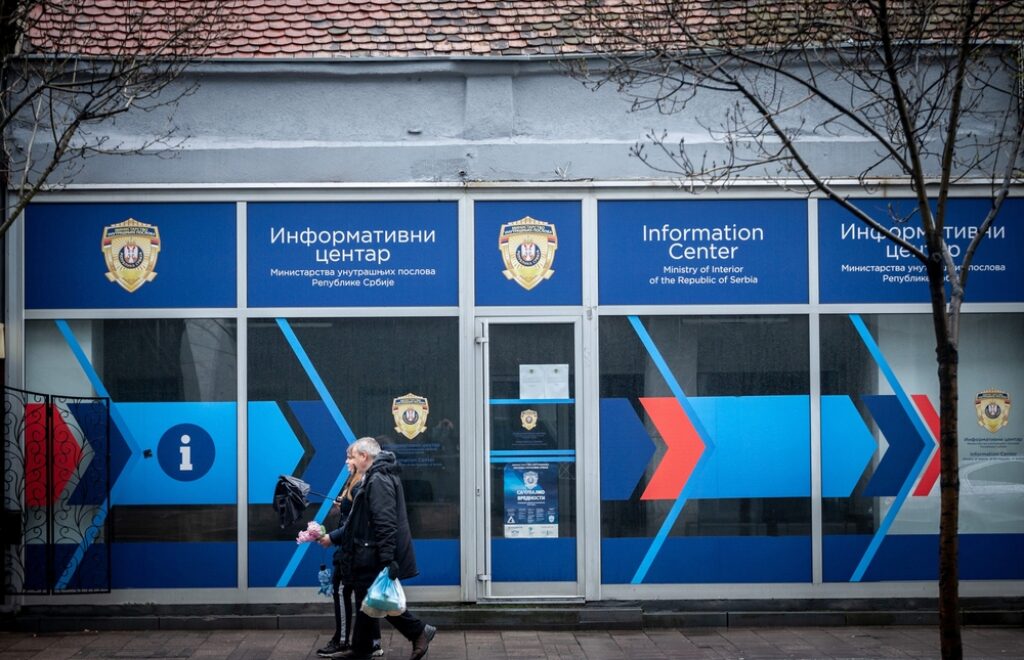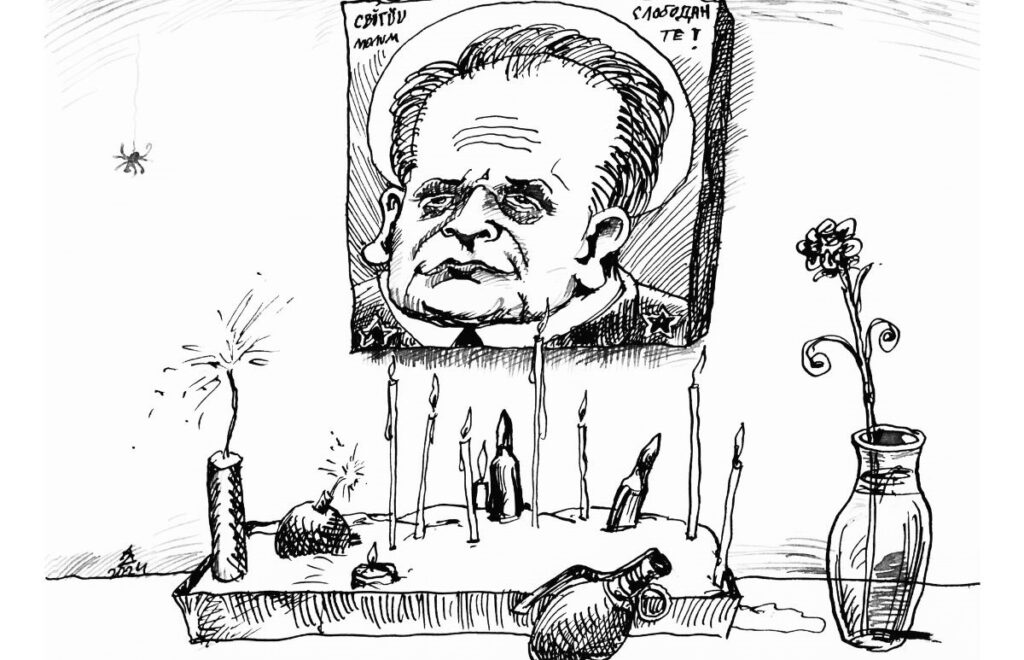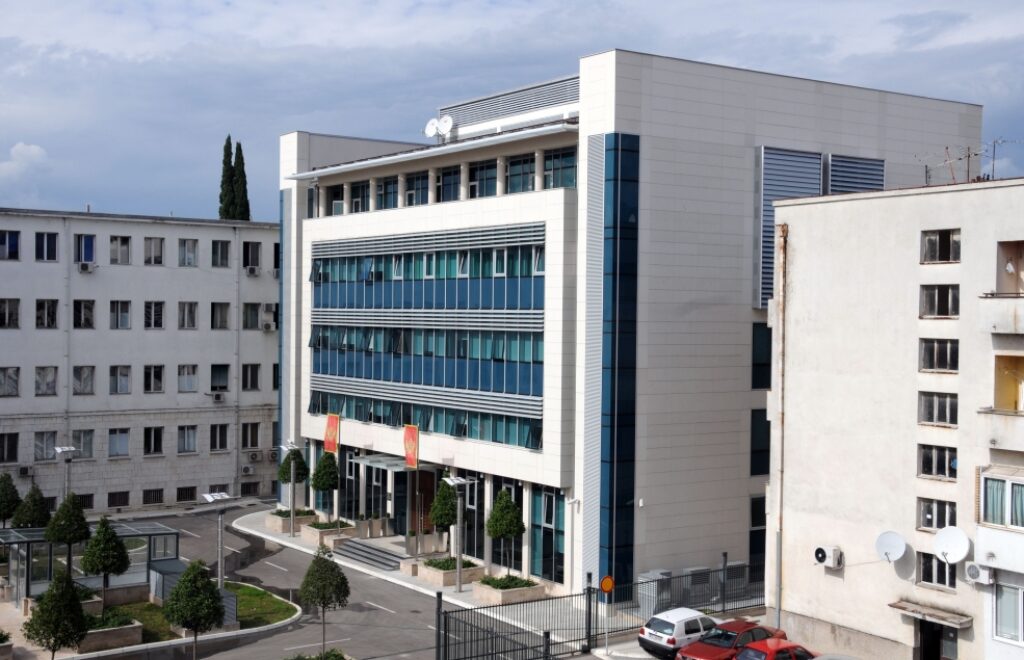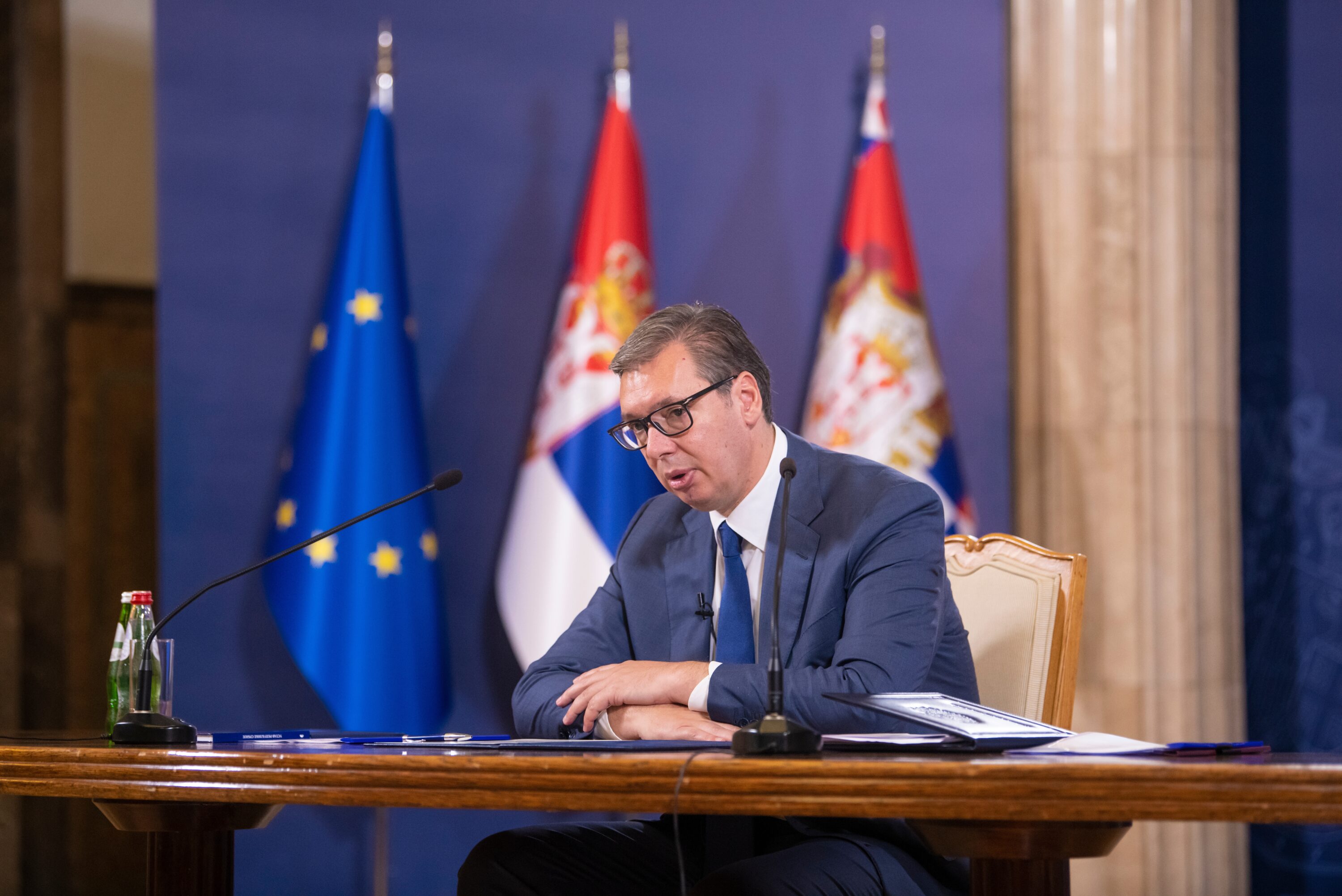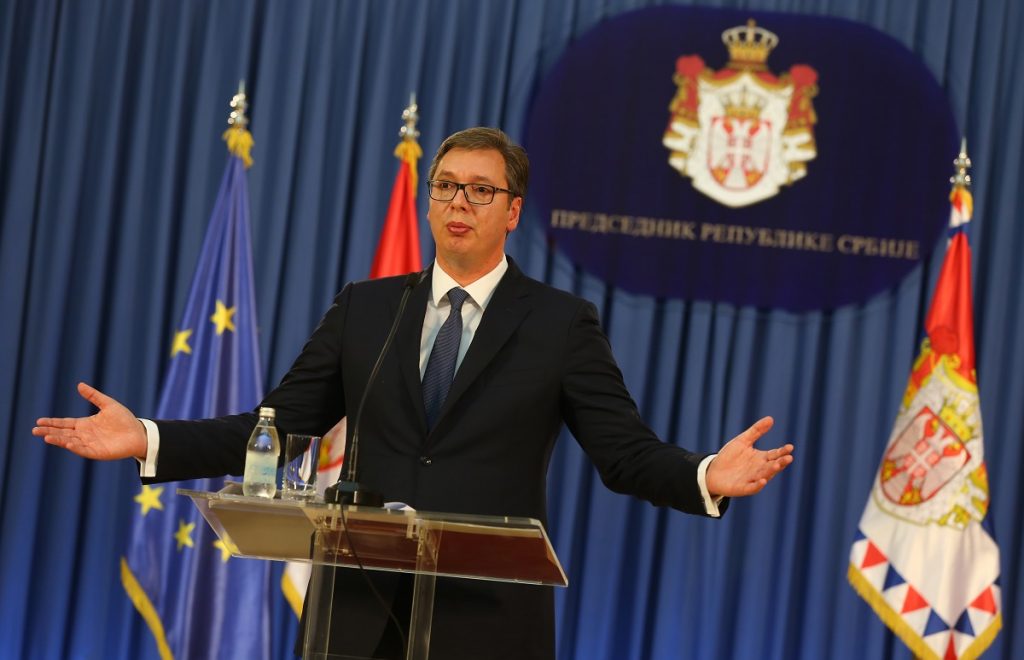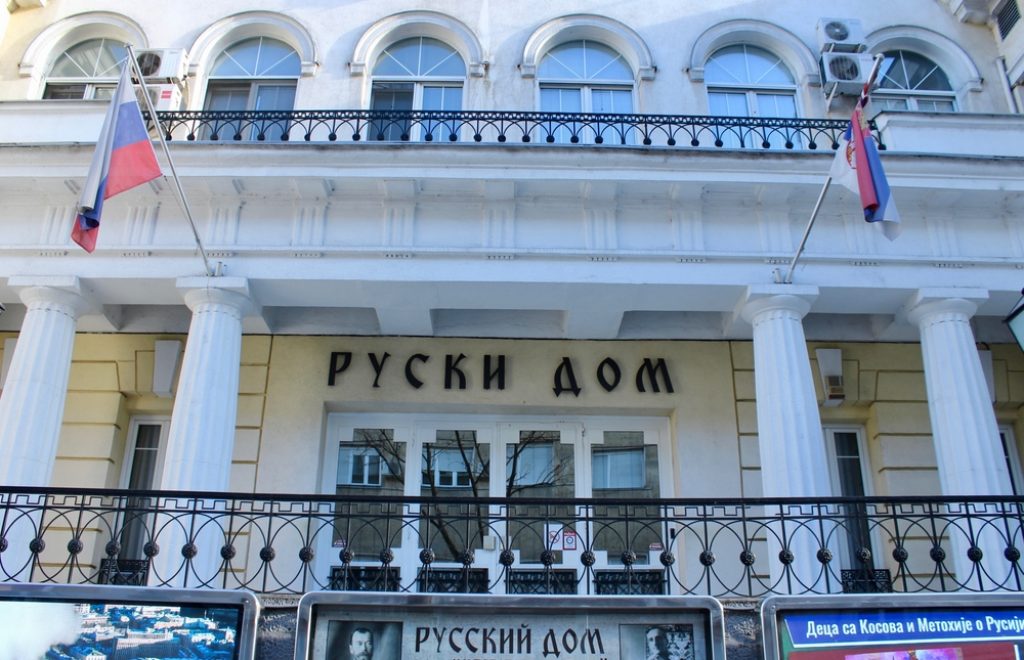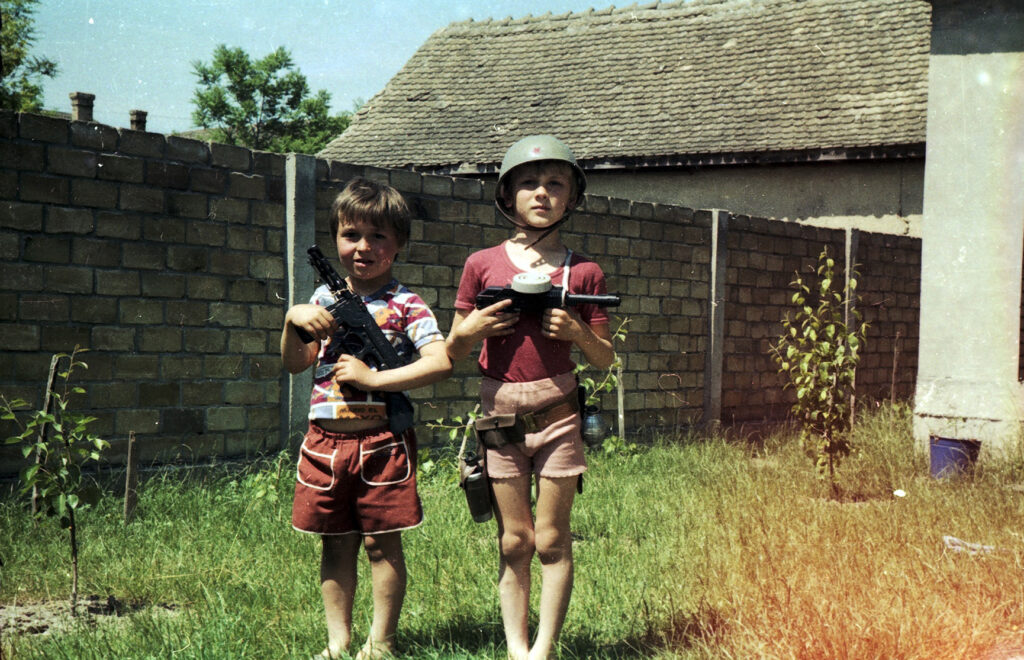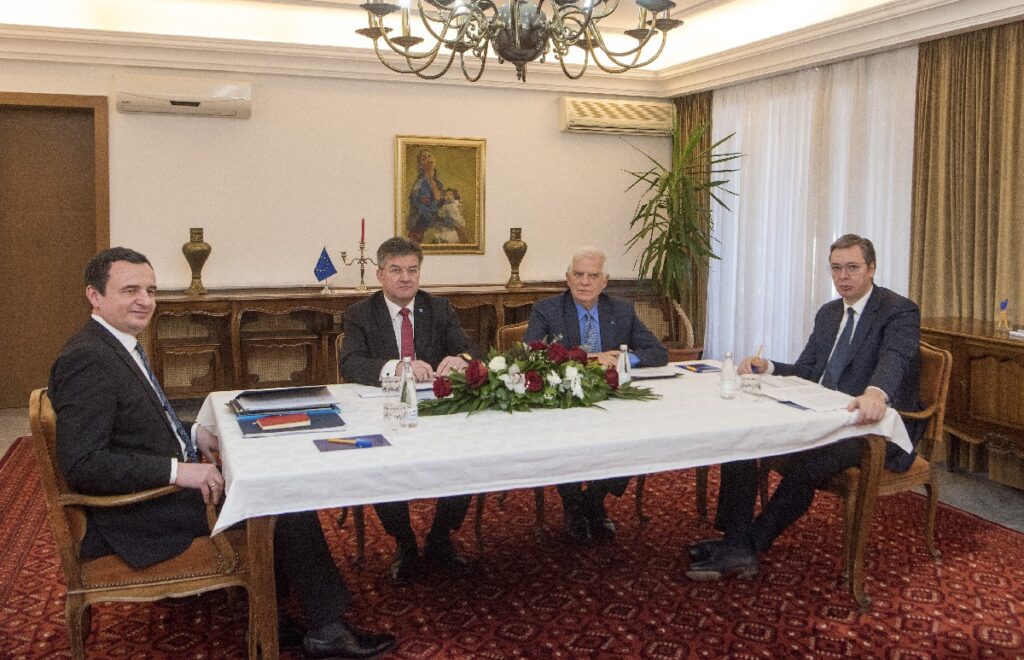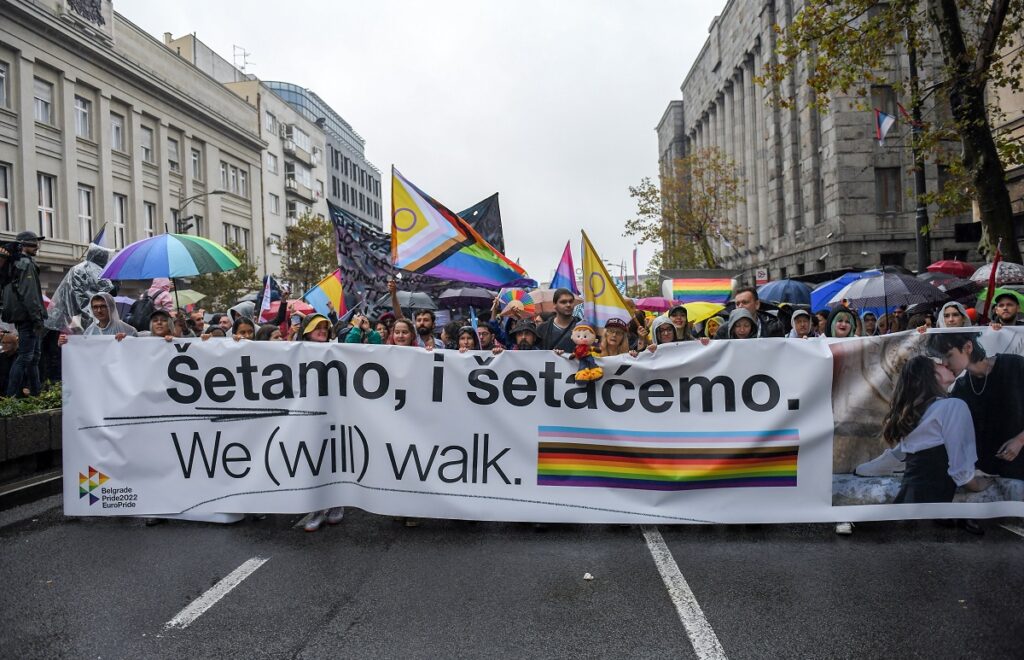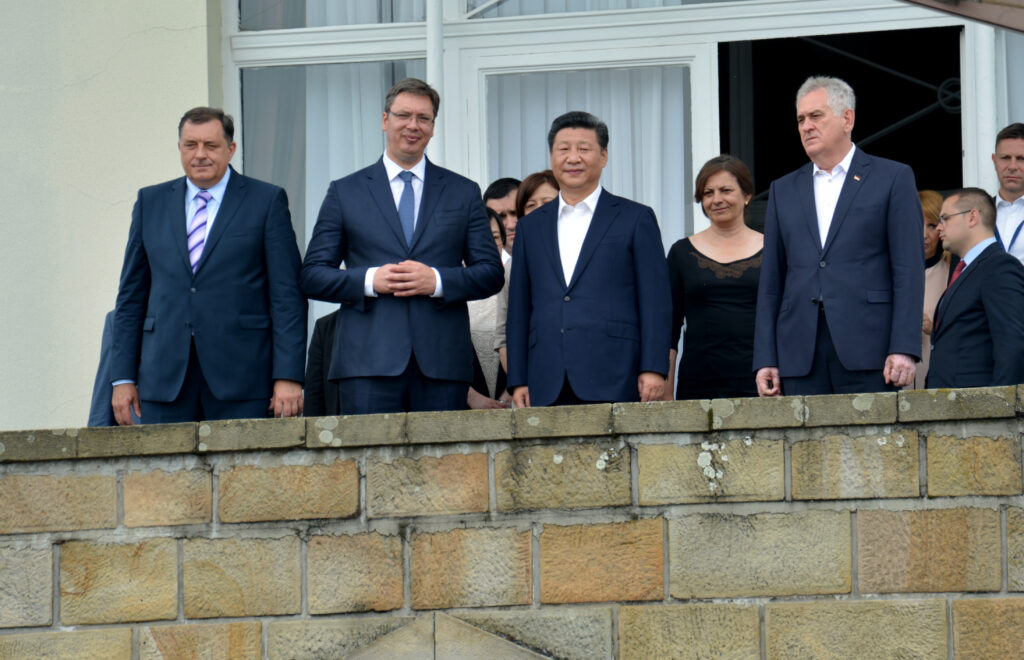Serbian drug scandal exposes deep-seated ties between crime and security services
On November 13th 2019, the head of the department for narcotics of the Belgrade police, Slobodan Milenković, and the chief of operations of the same unit, Dušan Mitič, were driving on the highway, when a black Audi with the cross markings of a Serbian Orthodox church, equipped with police lights, cut off their path. They decided to stop him, without knowing that this would be the beginning of their worst nightmare.
February 7, 2024 - Filip Mirilović


